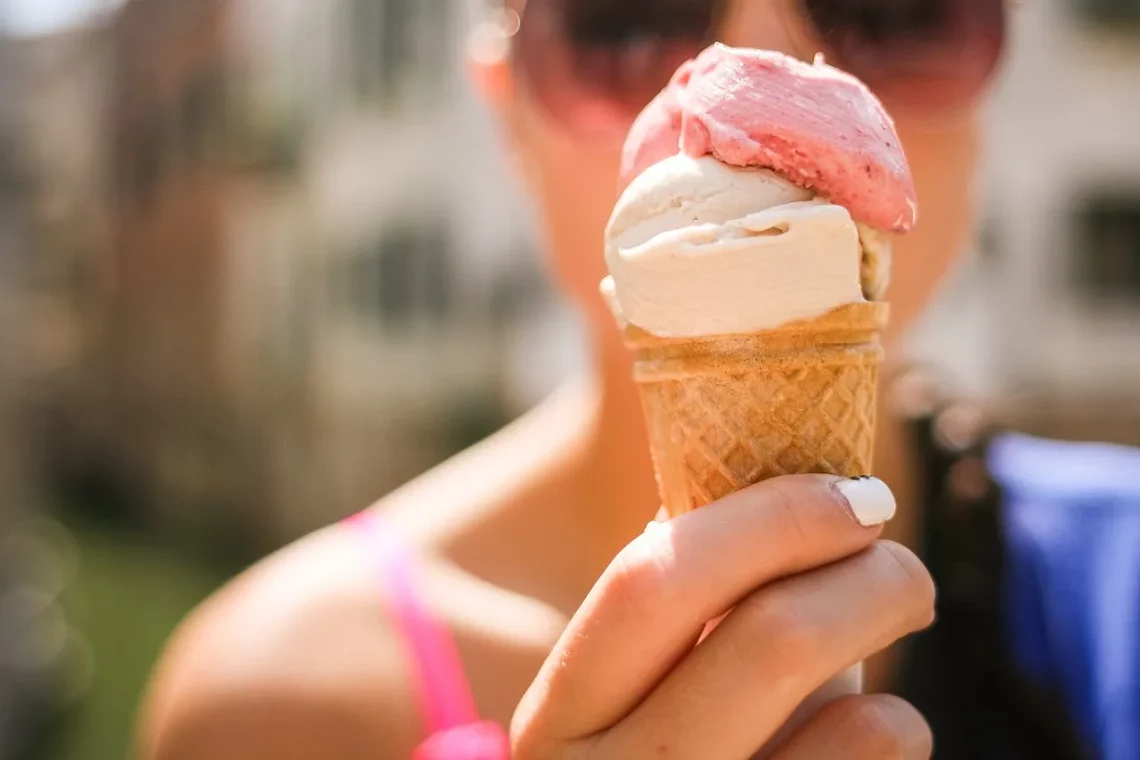
Can Horses Eat Strawberries? A Guide to Safe Treats for Your Horse
Horses are majestic creatures that have captured the hearts of many for centuries. Caring for a horse goes beyond providing shelter and exercise; it also involves understanding their dietary needs. Just like humans, horses enjoy a variety of foods, and treats can play a significant role in their diet. However, not all human foods are suitable for equines. It’s essential for horse owners to be knowledgeable about what constitutes a healthy treat and what could potentially harm their beloved companions.
One popular question among horse owners is whether horses can eat strawberries. These vibrant red fruits are not only delicious and packed with nutrients but also a favorite for many. However, introducing any new food into a horse’s diet requires careful consideration. Horses have unique digestive systems that can react differently to various foods, so it’s crucial to ensure that treats like strawberries are safe and beneficial.
In this exploration of equine nutrition, we’ll delve into the specifics of feeding strawberries to horses, the potential benefits, and other treats that can be included in their diet. By understanding the right approach to treating our horses, we can enhance their well-being and strengthen our bond with these incredible animals.
Are Strawberries Safe for Horses?
When considering whether strawberries are safe for horses, it’s important to look at their nutritional composition. Strawberries are rich in vitamins, particularly vitamin C, and antioxidants, which can contribute to a horse’s overall health. They also contain a good amount of fiber, which is beneficial for digestion.
However, moderation is key. Horses have sensitive digestive systems, and introducing new foods too quickly can lead to colic or other gastrointestinal issues. While strawberries are generally safe for horses to eat, it’s crucial to introduce them gradually. Start with a small piece and observe how your horse reacts. If there are no adverse effects, you can slowly increase the amount.
One aspect to consider is the sugar content in strawberries. While they are healthier than many processed treats, too much sugar can lead to weight gain and metabolic issues, especially in older horses or those predisposed to conditions like laminitis. Therefore, strawberries should be viewed as an occasional treat rather than a regular part of a horse’s diet.
Additionally, be cautious of the source of your strawberries. If you’re purchasing them from a store, ensure they are free from pesticides and chemicals that could harm your horse. Organic strawberries are a great option if available. If you grow your own, make sure they are grown without harmful chemicals.
In summary, strawberries can be a delightful and safe treat for horses when offered in moderation. They provide beneficial nutrients while also being a tasty reward for your equine friend.
Health Benefits of Feeding Strawberries to Horses
Strawberries are not only enjoyable for horses, but they also come with several health benefits. One of the standout features of strawberries is their high antioxidant content. Antioxidants play a crucial role in combating oxidative stress in horses, which can arise from various factors, including strenuous exercise and environmental stressors. By including strawberries in your horse’s diet, you can help support their immune system and promote overall health.
Another benefit of strawberries is their vitamin C content. While horses can synthesize vitamin C in their bodies, providing additional sources can be beneficial, especially for older horses or those under stress. Vitamin C is essential for collagen production, which is vital for maintaining healthy joints and connective tissues. This can be particularly important for active horses who require strong joints for performance.
Strawberries also provide hydration due to their high water content, which is essential for maintaining optimal hydration levels in horses. Dehydration can lead to severe health issues, especially in hot weather or during intensive training. Offering fresh strawberries as a treat can encourage your horse to consume more fluids.
Furthermore, the natural sugars and fiber present in strawberries can serve as an energy source. This can be particularly useful during training sessions or when horses need a quick energy boost. However, as mentioned earlier, it’s crucial to balance the intake to avoid any negative effects from too much sugar.
Incorporating strawberries into your horse’s diet can be a fun and nutritious way to enhance their meals. Just remember to keep portions reasonable and always prioritize the overall balance of their diet.
Alternative Healthy Treats for Horses
While strawberries are a delightful treat, it’s essential to have a variety of healthy options available for your horse. Just like humans, horses can become bored with their food, and offering different treats can make their diet more enjoyable. Here are some alternative healthy treats you might consider:
1. **Carrots**: These crunchy vegetables are a classic favorite among horses. Carrots are low in calories and high in vitamins, making them a perfect treat. Just like strawberries, they should be given in moderation due to their sugar content.
2. **Apples**: Another popular choice, apples are packed with fiber and vitamins. Just be sure to remove the seeds, as they contain cyanide, which can be harmful to horses. Sliced apples can be a refreshing treat, especially in warmer months.
3. **Bananas**: Horses can enjoy bananas, including the peel. They are rich in potassium and can provide a quick energy source. Just remember to offer them in moderation, as they are higher in sugar.
4. **Peppermint**: Many horses love peppermint, and it can be offered in various forms, such as peppermint candies specifically made for horses or fresh leaves. This can be a great way to reward your horse after a ride.
5. **Hay Cubes**: For a more substantial treat, hay cubes can be a wonderful option. They are nutritious and can help satisfy your horse’s natural chewing instinct.
When introducing any new treat, always do so gradually and monitor your horse for any adverse reactions. Additionally, consult with a veterinarian if you have concerns about specific dietary changes or if your horse has underlying health conditions.
Keeping a varied selection of healthy treats not only enhances your horse’s diet but also strengthens the bond you share. Treats can be an effective training tool and a way to show your horse love and appreciation.
Best Practices for Treating Your Horse
Treating your horse requires a thoughtful approach to ensure their health and safety. Here are some best practices to follow when incorporating treats like strawberries or any other snacks into your horse’s diet.
First, always prioritize quality over quantity. Select fresh, organic fruits and vegetables whenever possible. This reduces the risk of exposing your horse to harmful pesticides and chemicals. As mentioned earlier, if you’re growing your treats, adhere to organic practices to ensure you’re providing the healthiest options.
Second, portion control is vital. Treats should make up only a small fraction of a horse’s overall diet. A good rule of thumb is that treats should not exceed 10% of their daily intake. This helps maintain a balanced diet and prevents issues related to excessive sugar consumption.
Additionally, observe your horse’s behavior and health after introducing new treats. Each horse may react differently, and it’s essential to monitor for any signs of digestive upset or allergies. If a horse shows any signs of discomfort, discontinue the treat and consult a veterinarian if necessary.
Training and timing are also crucial when offering treats. Use them as rewards for good behavior or successful training sessions. This not only reinforces positive behavior but also makes your horse associate treats with enjoyable experiences.
Lastly, always provide fresh water alongside treats. This is particularly important for high-sugar treats like fruits, as it helps with digestion and hydration.
In conclusion, while strawberries can be a delightful addition to your horse’s diet, following best practices ensures that your horse remains healthy and happy. By being mindful of what you feed your horse and incorporating a variety of treats, you can enhance their well-being and strengthen your relationship.
**Disclaimer**: This article is for informational purposes only and does not constitute medical advice. Always consult with a veterinarian regarding any health concerns or dietary changes for your horse.




